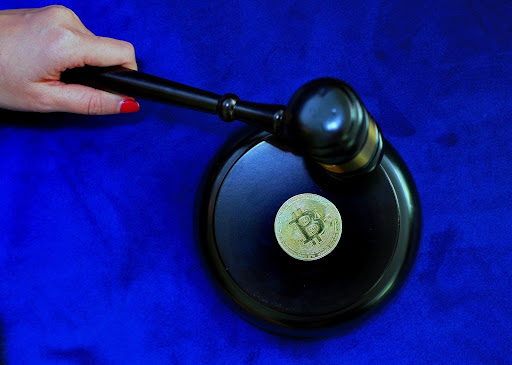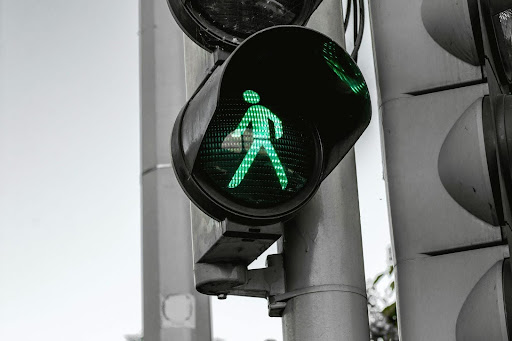The teenage years are challenging for children and parents. Teens are in one of the most challenging transitions as they discover who they are, where they fit in, and how to navigate everyday life. At the same time, parents struggle to understand, guide, and support their teens while resisting the urge to shelter, coddle, and hinder their children from becoming healthy adults.
When either party doesn’t understand this, it causes a breakdown in the relationship, where the teen suffers in silence, and the parent is unaware.
“Typical Teens”
Teens are in a stage where they will experiment and test the limits in a quest to discover their authentic selves and fit in with society. Your teen will inevitably change physically and emotionally. Their behaviors will sometimes contradict the core values, standards, and beliefs you’ve tried to instill in them. Your teen may change their sense of fashion, hobbies, interests, and social circles. Your teen may even break the rules, act out, and rebel.
Although these changes are commonly described as “typical teenage behavior,” it’s important to know when their actions become potential signs of trouble. It’s not uncommon for parents to tighten the ropes and “lay down the law” when a teenager’s behaviors (verbal and non-verbal) go from “typical” to “potential trouble.”
While structure and accountability are essential lessons for your teens to learn, aggression and consequences aren’t always the most effective tools to resolve the unexpressed struggles you’re child is experiencing.
Consider A Los Angeles Treatment Center for Teens
A Los Angeles Treatment Center for teens is a safer and healthier alternative. It provides you and your teen with the support you need to navigate this challenging transition. It’s a safe environment where teens feel comfortable expressing their struggles and concerns, giving your teen the support, education, and resources they need to overcome their biggest challenges.
Trained therapists use highly-effective techniques such as Dialectical Behavior Therapy (DBT) to help your teen cope with their feelings. DBT programs work by assisting teens in realizing how their behaviors impact their lives. It educates teens on how to get more positive outcomes by regulating their emotions and eliminating unhealthy behaviors.
Signs Your Teen Needs Help
How do you know when your teen is being “typical” or heading towards a path of trouble? Below are some signs that your teenager could benefit from DBT programs and other therapeutic services offered by a Los Angeles Treatment center.
Lack of Interest in Anything
It’s common for teens to change their interests, but if they lose interest in everything, this could be a sign of trouble. If your teenager remains silent, isolated, and disconnected from friends, family, school, and outside activities like going on family trips or participating in school clubs, you shouldn’t ignore their cry for help.
Escalating Moodiness
Teenagers and moodiness go hand in hand. One minute they’re happy and engaging; the next, they’re overwhelmed and guarded. While it doesn’t take much to trigger teen emotions, if you notice their moods are escalating in a toxic manner, it’s time to seek help. It’s not normal to lash out, lose control, or be violent.
Poor Grades And Anxiety (Related to School)
Not every child is an A student all the time. As they advance in their studies, the curriculum will get more challenging, which can cause a fluctuation in their grades. You may also notice a change in your teen’s grades if they struggle with learning disabilities.
However, if your teen suddenly becomes anxious about improving their education to the point where they are excessively studying, frustrated by correction, or losing sleep. Similarly, if your teen suddenly has no concern or care for their grades, it’s an issue you need to address.
Persistent Defiance And Substance Abuse
Testing the limits is typical teenage behavior; however, persistent defiance signifies something more profound is happening. If your teen continues to break the rules despite the consequences, it’s a cry for help you shouldn’t ignore. Overlooking the problem can lead to more adverse behaviors, including substance abuse, violence, promiscuity, self-harm, and worse.
The parent-child relationship goes through the most significant struggles during adolescence. It’s a challenging transition for both parents and teens to navigate. While “typical teenage behavior” is part of the process, when your child is behaving in a way that will lead to trouble, it’s essential to act. If providing guides, structure, and discipline isn’t effective, perhaps it’s time to turn to a Los Angeles Treatment Center for teens to get assistance.
























